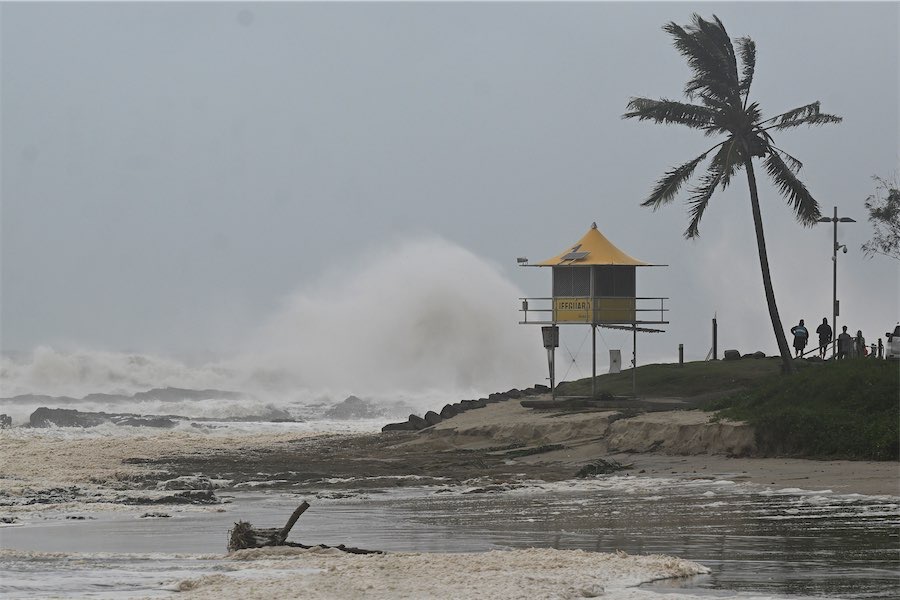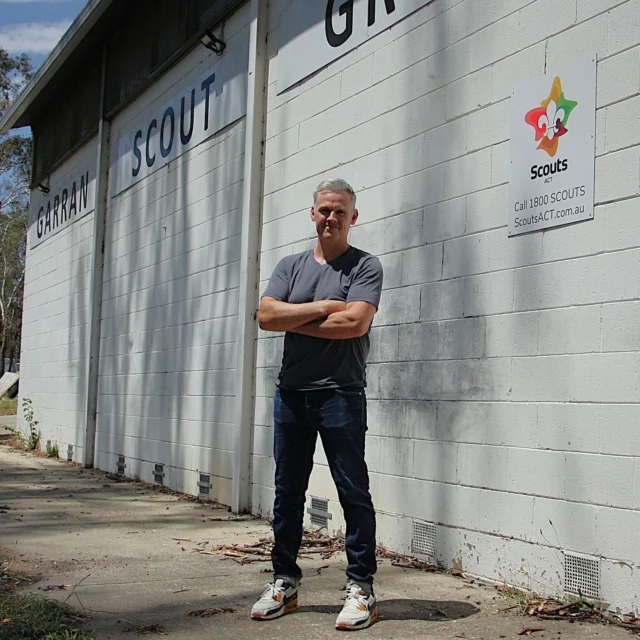
Human rights groups have welcomed the appointment of Australia’s first anti-slavery commissioner as the nation works to stamp out the abhorrent practice.
Chris Evans, a Labor senator between 1993 and 2013, will start the role in December and shape reforms laid out in a recent review of modern slavery laws.
It’s estimated 41,000 people in Australia and 50 million people worldwide live and work in modern slavery situations.
The commissioner will work with government to crack down on exploitative practices such as human trafficking, forced labour, forced marriages, deceptive recruiting and debt bondage.
Five human rights groups called for the commissioner’s funding to be increased beyond the budgeted $8 million over four years and for it to be given extra enforcement and investigation powers.
“Australia is now at a critical juncture in its path to tackling modern slavery,” Australian Human Rights Institute director Justine Nolan said.
“A well-resourced anti-slavery commissioner will need to be a key part of the government’s future strategy if we are to show the world we are serious about helping end this scourge.”
Australian Uyghur Tangritagh Women’s Association president Ramila Chanisheff warned a lack of enforcement meant people would still be subject to horrific human rights abuses.
There was also an urgent need to protect migrant workers in the agriculture sector facing exploitation, Human Rights Law Centre legal director Keren Adams said.
“We urge the Albanese government to ensure that the new anti-slavery commissioner has the powers and resourcing needed to drive real changes to corporate practices,” he said.
Mr Evans would strengthen work by governments, businesses and civil society to help victims, raise awareness and tackle the risks of companies using modern slavery practices in their supply chains, Attorney-General Mark Dreyfus said.
A review of Australia’s Modern Slavery Act tabled in 2023 found “no hard evidence” the legislation was bringing meaningful change for people living in modern slavery conditions.
“There are occasional scattered instances of modern slavery incidents and victims being identified, but no strong storyline that the drivers of modern slavery are being turned around,” the review read.
NSW anti-slavery commissioner James Cockayne called for an urgent inquiry into the practice after identifying risks for temporary migrant workers in rural and regional parts of the state.
It followed a landmark report that estimated 16,400 people were trapped in modern slavery after it looked at modern slavery risks temporary migrant workers face in agriculture, horticulture and meat processing in NSW.
Who can be trusted?
In a world of spin and confusion, there’s never been a more important time to support independent journalism in Canberra.
If you trust our work online and want to enforce the power of independent voices, I invite you to make a small contribution.
Every dollar of support is invested back into our journalism to help keep citynews.com.au strong and free.
Thank you,
Ian Meikle, editor









Leave a Reply